On Feb 26 2024 we were notified by the university of Pittsburgh - Johnstown that the Panther logo that was originally selected as our logo was a trademark infringement. We have updated the logo on the website and on our social media platforms. We are leaving this variant here in order to answer any questions as to why the logo was once revised after our recent polling and updates. The logo that will now be used in logo 7.
My friend Dan Holmes, who is the creative director for the Pittsburgh Vintage Grand Prix, and I were chatting about some design work of for th PVGP for 2024. I mentioned that I thought we needed a new logo since Pitt has gone back to their earlier color scheme
I was never really happy with the stuff I have created for the website. Dan had sent me a couple of designs over the past two days and we've refined them down to this. I posted it on Facebook and solicited opinions.
editors note: The consensus as of November 9 meeting in NUMBER 3 with 59 people voting.
I allowed half point to everyone who offered a first and second choice
1. 12 votes; 11 half votes = 17 votes
2. 1 vote; 4 half votes = 3 votes
3. 31 votes; 15 half votes = 38 votes
4. 2 votes; 3 half votes = 3 votes
5. 0 votes
6 2 half votes - 1 vote
7. 5 half votes; 1 half vote = 5 votes
8. 2 votes; 1 half vote = 2
Logo three is the clear winner. We are not going to develop different versions of this art work for swag.

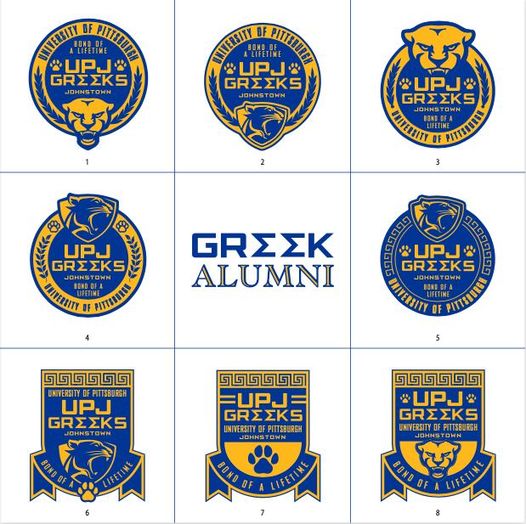
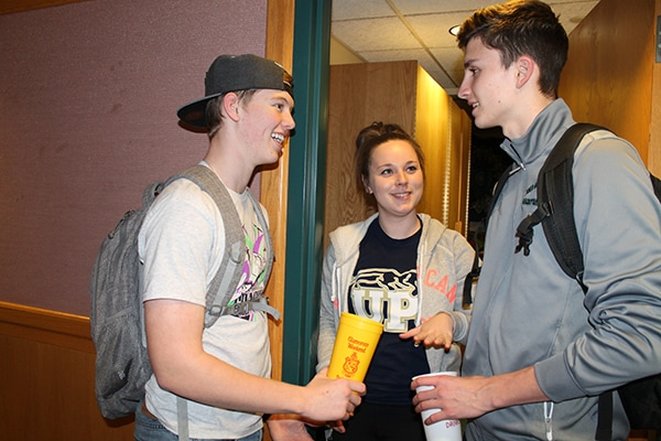
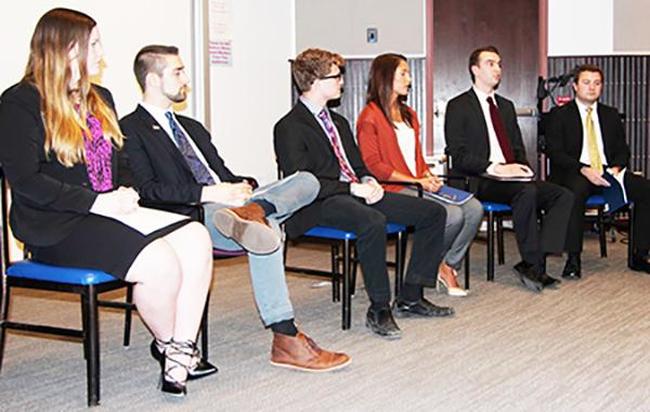
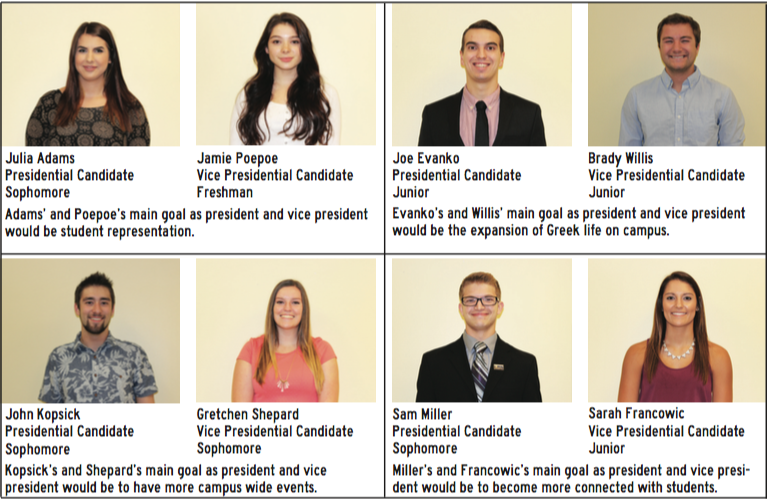

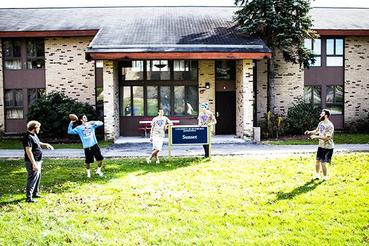
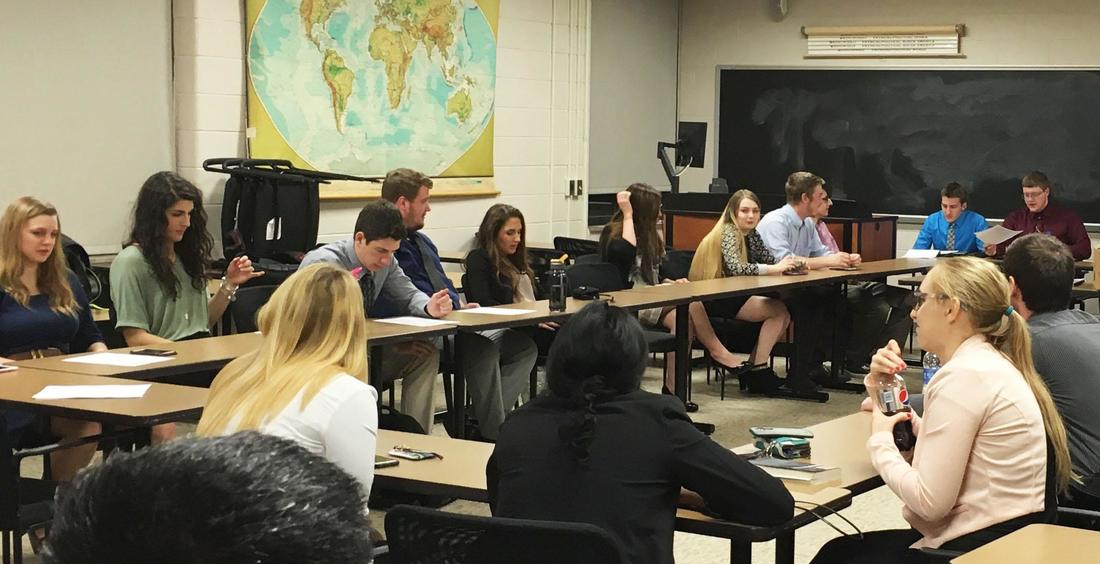
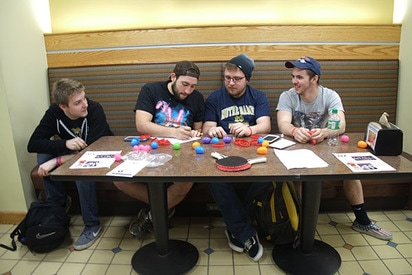
 RSS Feed
RSS Feed
